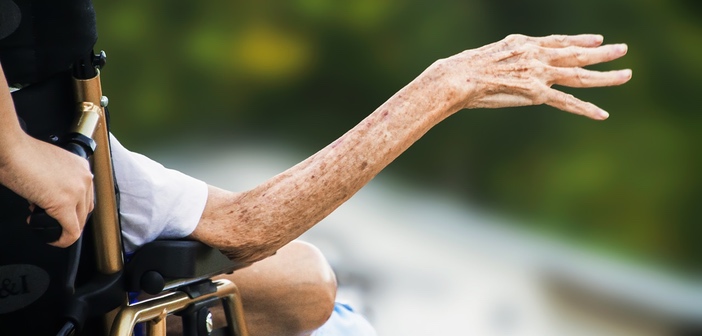image: 1
“I wish I had not worked so hard” is the thing all people regret the most at the end of life. – What should we do not to regret at the end of life? –
The content of this Sputnik’s article is
unusually philosophical. What is written in the article is probably right.
I guess that the point is “I wish I’d had
the courage to live not the life others expected of me.” It means that we
always live a life while reading what someone is implying, in popular words. It
is the same expression as “to read the situation” which was often used a little
while ago. To put it simply, it means to live a life while trying to gauge
others’ feelings.
Why do most people live this way or do they
have no courage to live their own life? To tell the truth, people have almost
never changed since childhood.
Small children live while trying to gauge
parents’ feelings. When they grow up a little more, they live while caring
about how their teachers or friends behave. The root cause of this is the fact
that they have never built proper parent-child relationship or friendship in
their life.
To make the world better, above all, parents
have to try to understand children as they are instead of bringing up children who
obey them. Unless fundamentally changing our close relationship between husband
and wife and that between parent and child, we will never see a decrease in the
number of people who regret at the end of life.
March
24, 2017
Masatoshi
Takeshita
Note:
Shanti-phula has indicated some parts of
the following text in black boldface type or in red letters.
Reprinted from the Japanese version of Sputnik
– March 21, 2017 –
“I
wish I had not worked so hard” is what all regret the most at the end of life
is
An
Australian nurse who cared for the elder in the last days of their lives has recorded what they regret the most at
the end of life. Almost every man confessed that
they had worked too much that they did not spare much time for their wives or
children.
The Guardian, a British daily newspaper,
shows other regrets in life they had as follows:
“I wish I’d had the
courage to live a life to myself, not the life others expected of me.
This was the most
common regret of all that the nurse recorded. They felt sad to learn that
they had not accomplished even a half of their dreams and wish.
“I wish I hadn’t worked so hard.”
This is the most common regret of the elder
men who had spent so much of their lives on their work, not on their children’s
youth and their partner’s companionship.
“I wish I’d had the courage to express my
feelings.”
Many people suppressed
their feelings in order to keep peach with others. As a result, they
settled for a mediocre existence and never became who they were truly capable
of becoming.
I wish I had stayed in touch with my
friends.
The elder often felt depressed about having
no old friend around them or even finding no friends.
“I wish that I had
let myself be happier.”
This is a surprisingly common one. Many people had stayed stuck in old patterns and habit. They
did not realize until the end that happiness is a choice.
(Note)
Most part of the above article is quoted from the Guardian ( www.theguardian.com/lifeandstyle/2012/feb/01/top-five-regrets-of-the-dying
)
